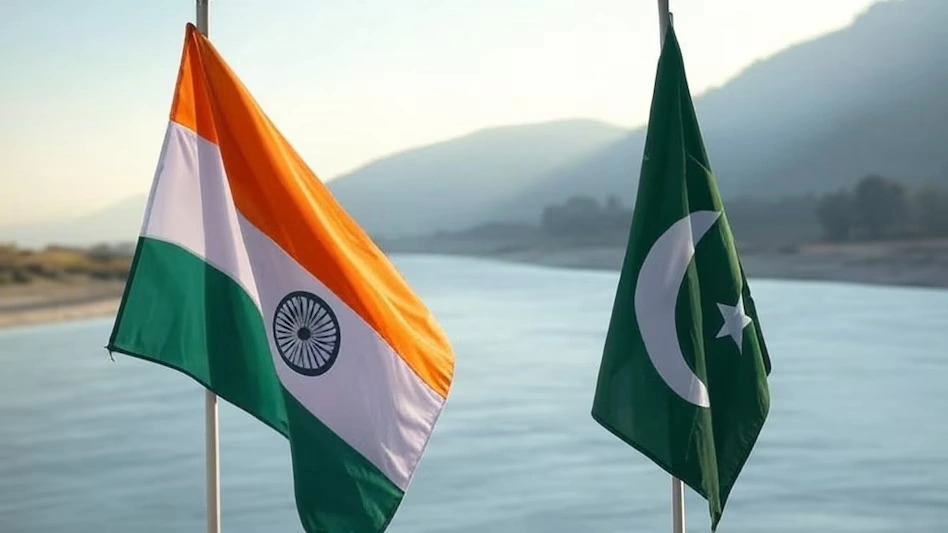As tensions between the two nations continue to rise following a deadly terror incident in Pahalgam, Kashmir, on April 22, India has prohibited the import of all products coming from or going through Pakistan.
In a notice on May 2, the Directorate General of Foreign Trade stated that the prohibition will take effect right away.
Prohibition on Import from Pakistan is the new paragraph 2.20A that the Indian government added to the Foreign Trade Policy, 2023.
“Indirect or direct Till further instructions are received, import or transit of any goods originating in or exported from Pakistan shall be prohibited, whether freely importable or otherwise permitted. The restriction is in the interest of public policy and national security. According to the May 2 order, DGFT declared that the Government of India will have to sanction any exception to this provision.”.
Pakistan’s struggling export sector, which relies on cross-border trade for such commodities as cement, textiles, and farm produce, is expected to be negatively affected by the trade barrier. The move may worsen economic pressures and harm informal trading channels, which are already constrained by formal trade.
Also check:- Temple Tragedy in Goa: Stampede Leaves 6 Dead, 30 Injured
Experts have said that India’s bilateral commerce with Pakistan is very small, representing around 0.06 percent of India’s total trade, despite the fact that Pakistan has also cut off trade relations with India.
The 2019 Pulwama terror attack intensified trade between India and Pakistan. Subsequently, India raised import duties to 200% on all Pakistani goods, including mineral ore, cement, fresh fruit, and petroleum products. India also canceled the most favored nation’ trade status with Pakistan.
In the last few years, trade between Pakistan and India has plummeted significantly. India’s commerce ministry states that it bought as little as $420,000 worth of goods from Pakistan between April 2024 and January 2025, a sharp drop from $2.86 million within the same period last year.
India’s exports to Pakistan also fell over the same duration, from $1.1 billion to $447.7 million.
Ever since 1947, India and Pakistan have enjoyed a volatile commercial relationship, with spasmodic interludes. Indirect trade via Dubai, though, has gone on unimpeded. Writing in ET Online, Nisha Taneja, an ICRIER professor, said Dubai is one of the main hubs for bilateral trade between the two countries through a third party. Key items being exported via Dubai are textiles, appliances, machinery, and gold jewelry.
Hashim Musa, a Pakistan Army Special Forces para commando, is claimed to be among the Pakistani terrorists who carried out the April 22 attack on Kashmir that took the lives of 26, most of them tourists. The terrorists are accused of having received training in Pakistan.
The government of Prime Minister Narendra Modi blamed Pakistan for conducting the attack and promised to bring anyone responsible to book. While continuing to breach the ceasefire along the Line of Control, Pakistan rejected any involvement and threatened to retaliate if India initiated military action.
India has already lowered diplomatic relations with Pakistan and taken several measures against it. Suspension of the Indus Water Treaty and not allowing aircraft from Pakistan into its air space are two measures taken against Pakistan that could further ruin the country’s economy and risk its crops if the water supplies are cut off.
Pakistan responded by suspending the 1972 Simla Agreement, blocking Indian aircraft from entering its airspace, closing the Wagah border crossing, stopping trade, and threatening to declare war on India if it tried to divert water under the Indus Treaty.


